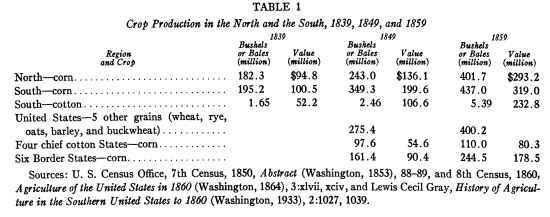Based upon a suggestion by @Thande on another thread, which I felt merited further discussion- namely, what if the boll weevil had migrated northwards from its native range in Central Mexico a full century earlier? So ITTL, viable breeding populations of the insect'd cross the Rio Grande into Texas in the 1790s (which at the time, was still Mexican territory, and IOTL, wouldn't break away and declare independence for another 4 decades- could this conceivably be butterflied away?) entering SE Alabama by 1810 (then divided between the Province of Georgia, Territory of Mississippi, and fleetingly semi-independent Republic of West Florida) and subsequently spread across all cotton-growing areas in continental North America by the mid-1820s. How devastating an impact might this have had on US cotton production, in the era of its peak expansion and growth to become by far the USA's primary export commodity IOTL? And how heavily might this impact upon demographics, migration, and development patterns- not just in the USA, but potentially further afield as well?
For instance, could this potentially accelerate the abolitionist movement, with the bankrupted plantations having a far harder time lobbying politicians to keep in place? Or could it conceivably have had the opposite effect- with the increased crop losses to the boll weevil, and bankruptcy rates, only serving to make cotton production on the Southern US plantations even more labor-intensive, and thus further entrenching and expanding the practice of, along with support for, slave labor (along with worsening the conditions for the slaves on the plantations themselves)? And might there even be greater, earlier agitation for the expansion of the USA and slavery, as a result of the earlier Boll Weevil invasion (for instance, an equivalent to OTL's 'Knights of the Golden Circle' secessionist movement, with the Boll Weevil IOTL having only managed to cross over onto the island plantations of the Caribbean significantly later on)? What do you think?
For instance, could this potentially accelerate the abolitionist movement, with the bankrupted plantations having a far harder time lobbying politicians to keep in place? Or could it conceivably have had the opposite effect- with the increased crop losses to the boll weevil, and bankruptcy rates, only serving to make cotton production on the Southern US plantations even more labor-intensive, and thus further entrenching and expanding the practice of, along with support for, slave labor (along with worsening the conditions for the slaves on the plantations themselves)? And might there even be greater, earlier agitation for the expansion of the USA and slavery, as a result of the earlier Boll Weevil invasion (for instance, an equivalent to OTL's 'Knights of the Golden Circle' secessionist movement, with the Boll Weevil IOTL having only managed to cross over onto the island plantations of the Caribbean significantly later on)? What do you think?


